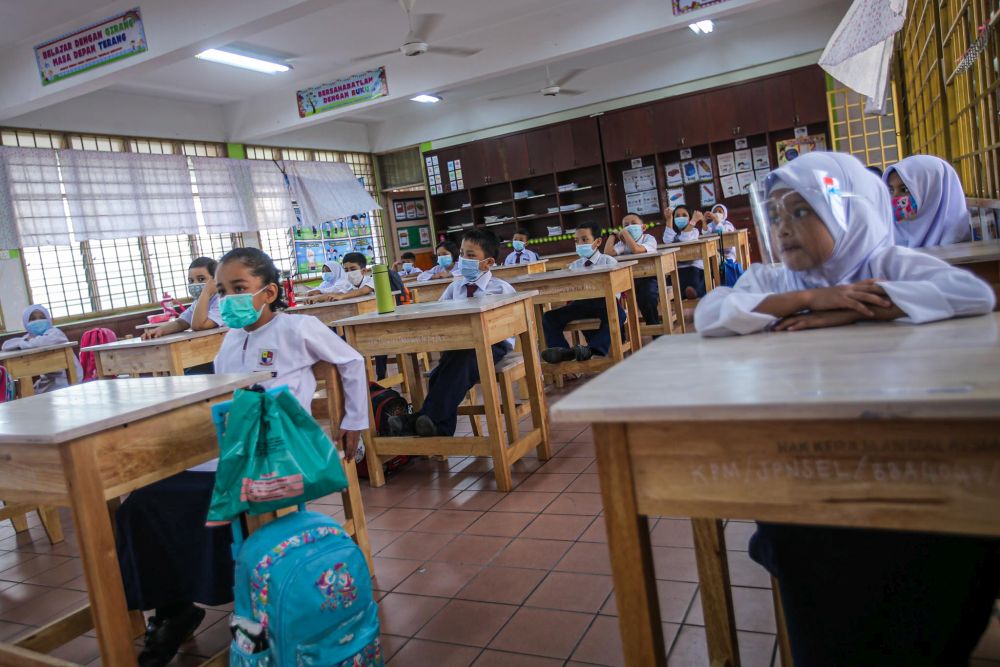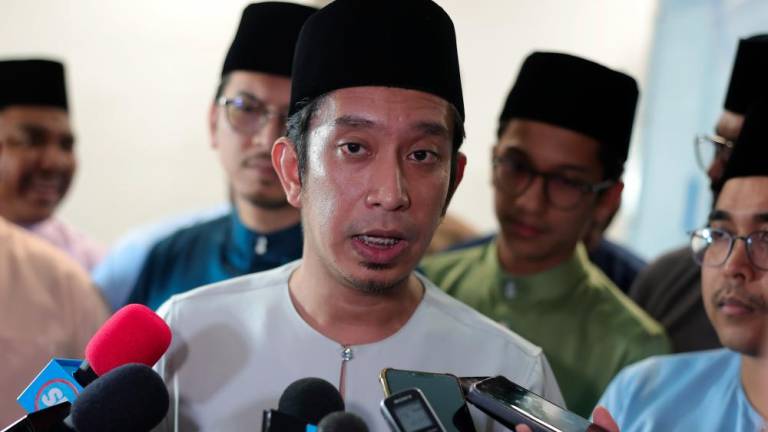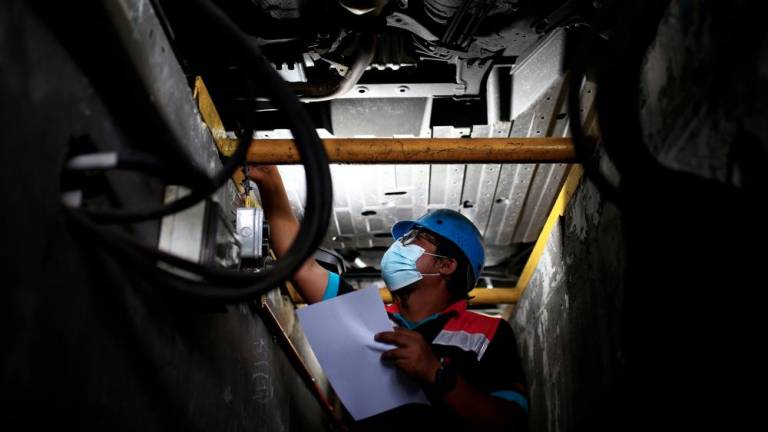PETALING JAYA: Education stakeholders want schools in areas identified as “green zones” to reopen, especially those that teach children the basics of reading, writing and arithmetic.
Pointing out the importance of a solid foundation for children who are preparing to make the transition to primary education, the Malaysian Association of Kindergartens (MAK) urged parents to push for the reopening of elementary-level schools.
“It’s difficult for us to get all children on the same page. Some grasp knowledge faster than others, and virtual classes make it even more difficult for those who are already having a tough time. If we are allowed to open, teachers can see which children need more time,” said its chairman Eveleen Khoo.
She said among the basic skills that children need to master are holding a pencil properly, learning how to write, counting and doing physical exercises. She cautioned that children could get left behind if they progress to primary school unprepared.
“If primary school teachers can do remedial work to get children up to speed, their progress will not be stunted. Usually, it takes around two weeks for a child to transition from kindergarten to primary school. This is where they start mastering the various shapes and art of colouring.”
Like many learning institutions, kindergartens have been closed since last October due to a conditional movement control order.
“We have had parents who were Covid-19 positive sending their children to schools previously, and we can’t allow that to happen.”
Another issue with online learning is that not all children have access to laptops or handphones.
“Sometimes, children aren’t able to use the devices as parents need to use them. This is also a problem,” she added. MAK has over 1,600 members.
Universiti Teknologi Mara deputy dean Assoc Prof Dr Mohd Hafiz Hanafiah said it should be status quo for virtual classes for secondary and tertiary-level institutions this year.
“Based on our observation, many students do not adhere to the standard operating procedures. They tend to mingle with their friends in close proximity and do not practise physical distancing.
“If university students can’t be mindful of the rules, what more younger students?
“I think students who are sitting for major examinations like the PT3 and SPM should be allowed to return to schools, with physical distancing, as they may need face-to-face attention in certain areas,” Mohd Hafiz said.
Many SPM students are insisting they be allowed to return to school to prepare for their examination in two weeks.
Their pleas follow the Education Ministry’s statement that SPM candidates no longer needed to have face-to-face classes for two weeks.













